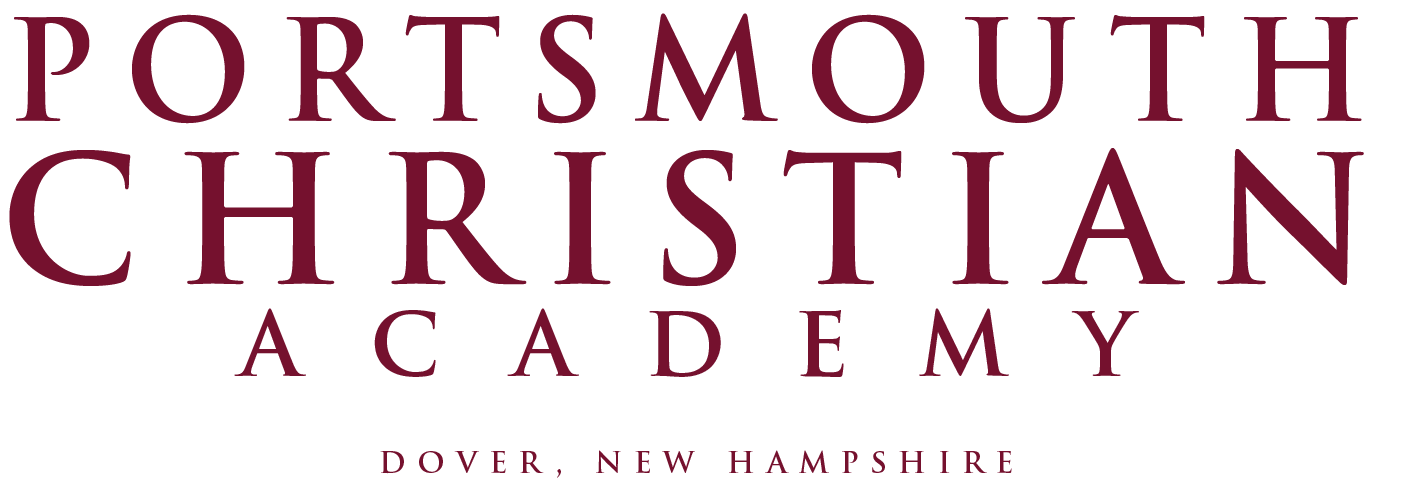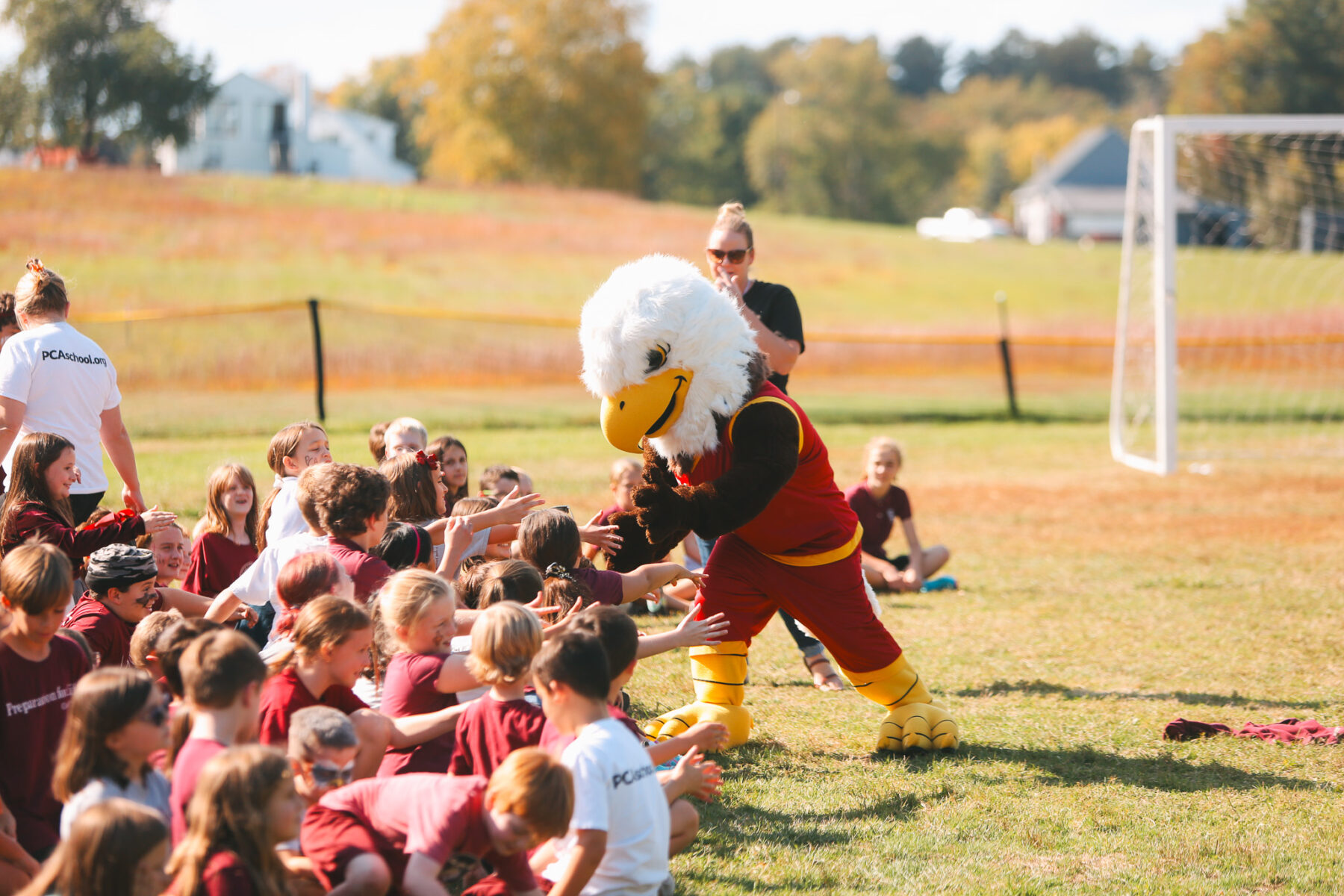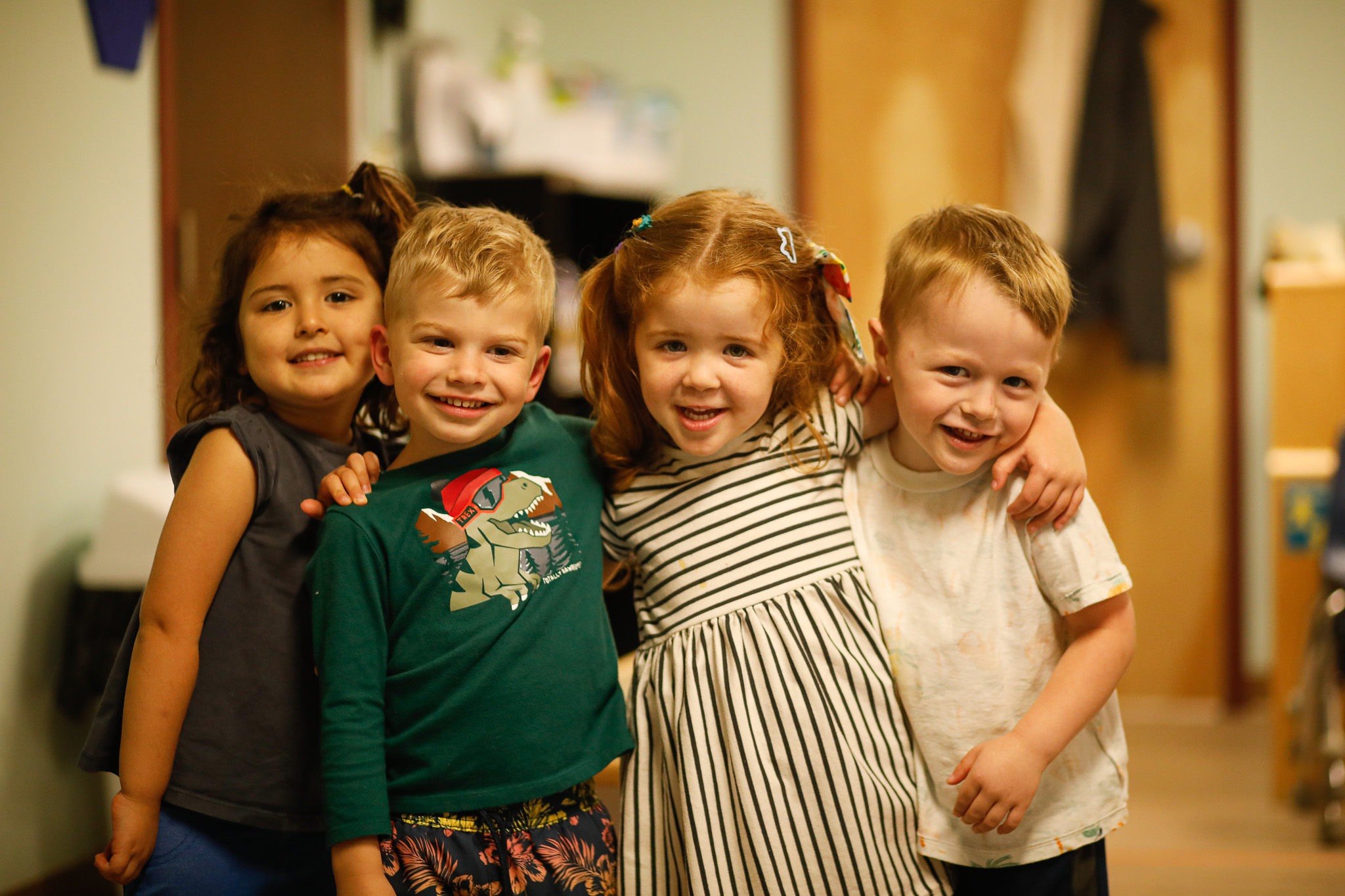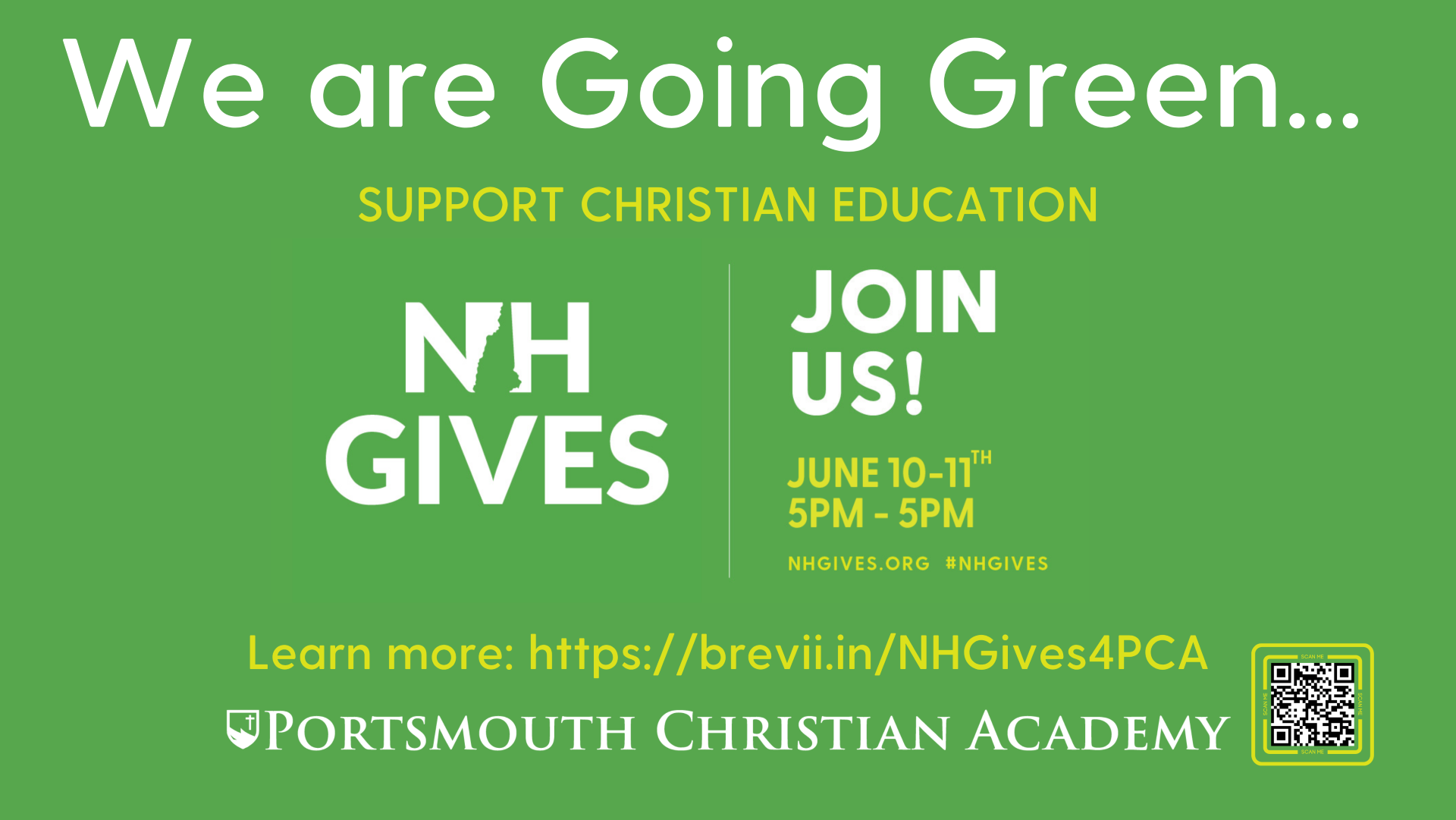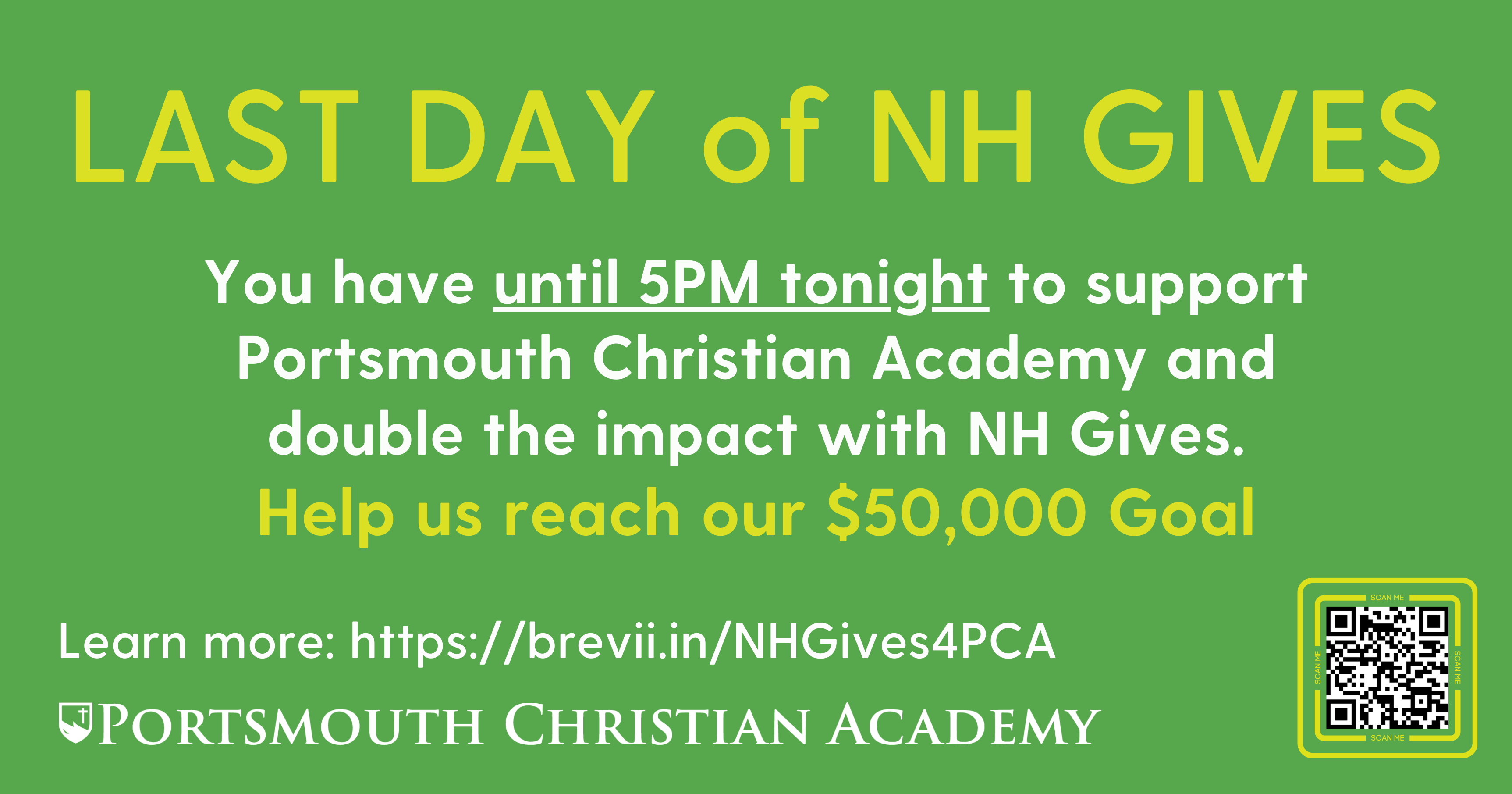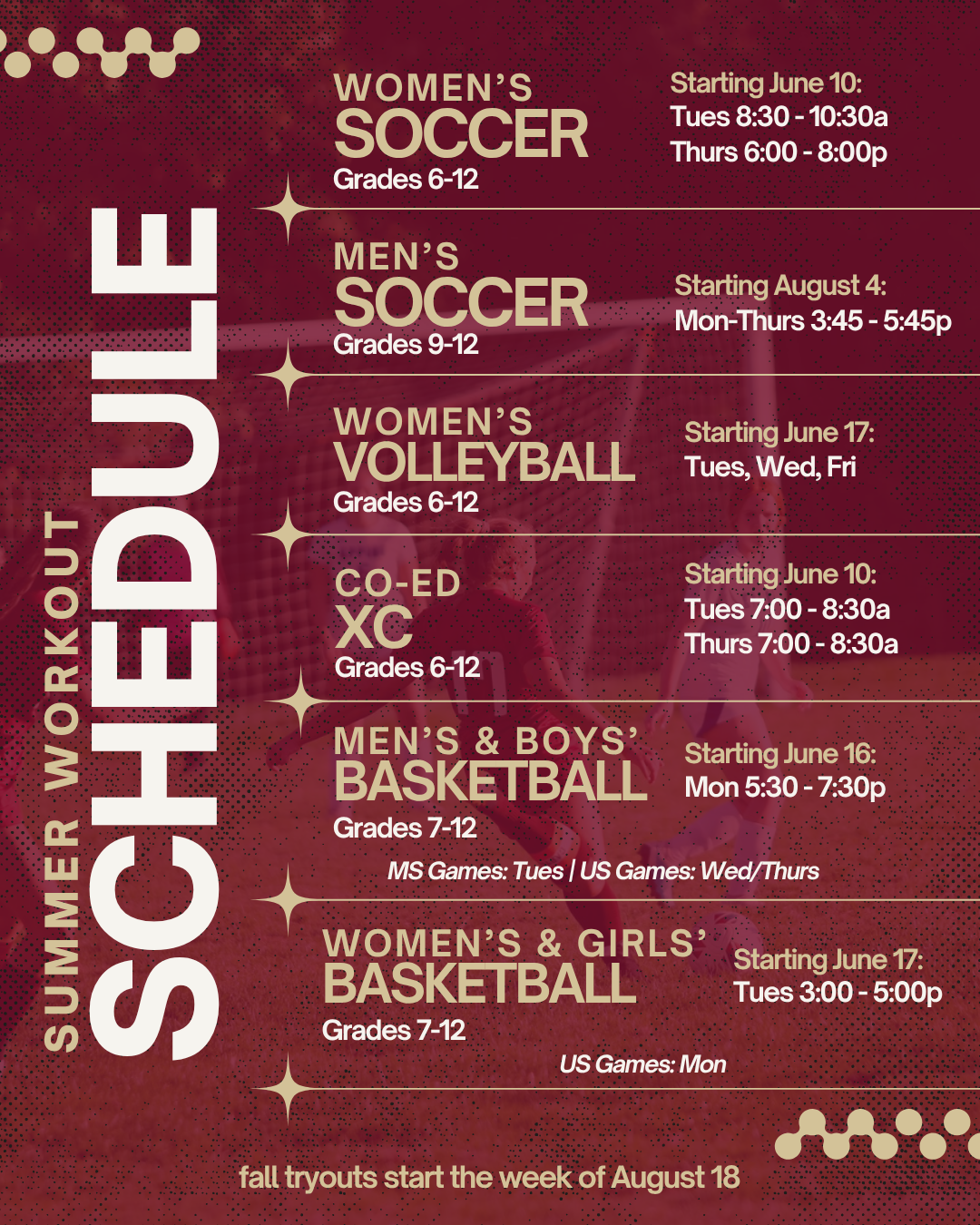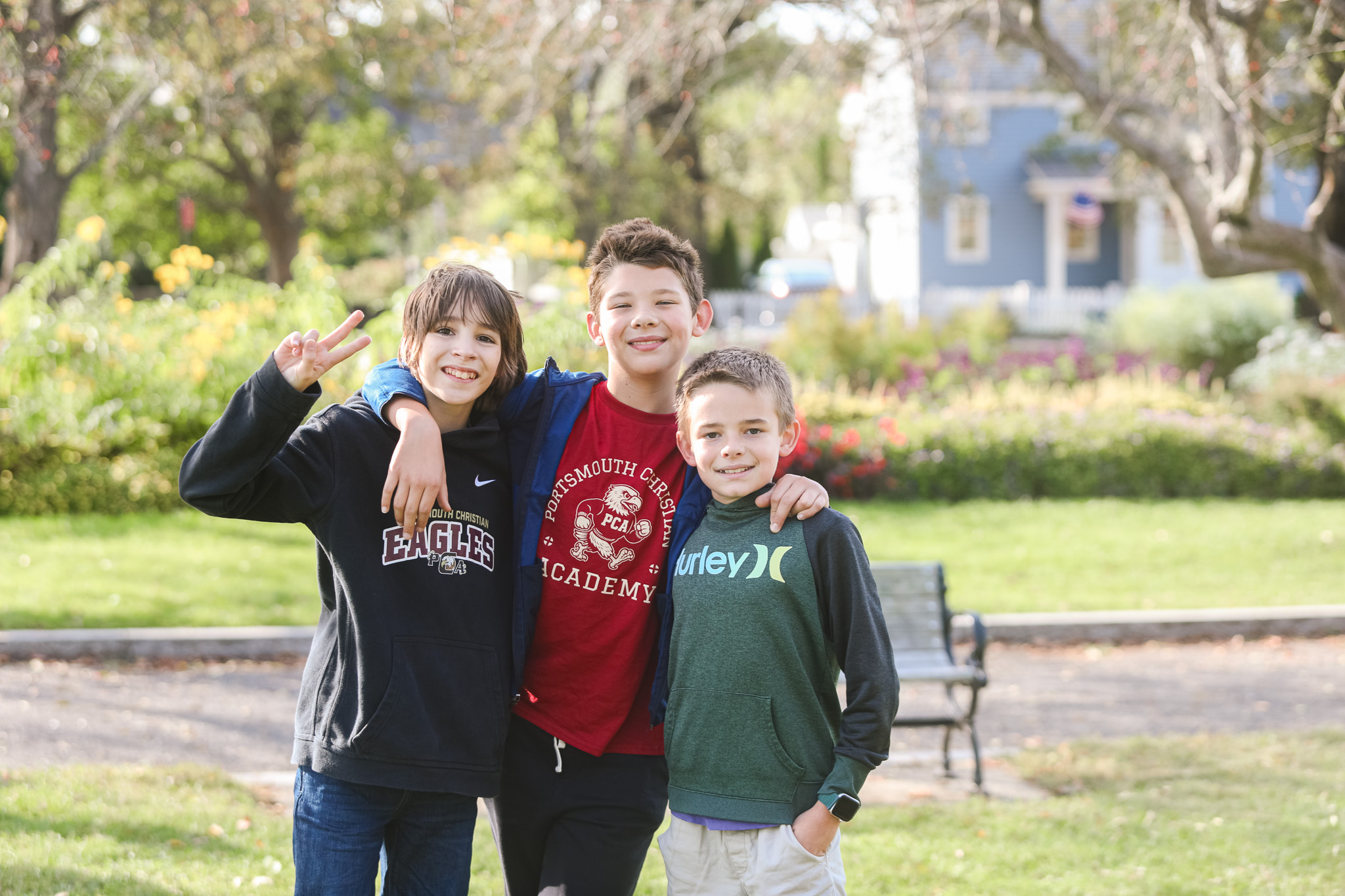Mondays with Mike: Mike Recommends #2
Welcome to a this week’s “Mondays with Mike” and our episode on Melodies and Memes: Shaping Our Youth’s Digital Diet.
Click above to hear Mike’s 10-minute message on topics relevant for you and your family.
Below is a summary of the podcast above:
Melodies and Memes: Shaping Our Youth’s Digital Diet
The Problem:
In observing the digital landscape, I’ve noticed a concerning trend impacting our children at Portsmouth Christian Academy. They’re inundated with a barrage of online content, particularly through music and short-form, catchy “ideas” –memes–that consume their attention. Without your good hand as a parent, these forms of media will significantly influence their worldview and behaviors, affecting their interactions within our school community.
Recommendations:
1. Engage in Meaningful (and fun) Conversations, especially around music and books:
- Engage in regular discussions with your child about their online experiences, including the music they listen to and the memes they encounter; also, talk about books your child is reading at school or on their own, as you share your own reading journey.
- Foster an open and trusting environment where your child feels comfortable sharing their digital interactions, even as you share your own. Using a line with your child like: “Hey, have you heard this great song that really moved me when I was growing up? Let me know what you think about it!” (Be open to some good-natured ribbing on this, at least initially; sharing “why” the music was so important to you is where the real connection occurs.
- Use these conversations as opportunities to instill biblical principles and values, helping your child develop a discerning mindset.
Some of the stuff I listened to or looked at growing up was pretty bad! We can share those experiences; some of it was great music or art but had some tough messages. Help your child consider what they are watching and listening through the lens of your own experiences.
2. Cultivate Curiosity, especially around books that are increasingly seen as “behind the times” with the younger generation, who prefers to read and engage in memes and bulletized lists online:
- Introduce your child to classical as well as Christian-themed literature and music that deepens their understanding of biblical truths and principles. This is one of the most powerful ways we teach our children even when they don’t realize we are doing that (in a good way).
- Foster a love for learning by exploring classical works, songs, and timeless hymns together as a family. Any of the popular streaming music services has some solid curated lists already, or it is easy to curate your own as a family.
- Encourage a love of books by reading them together. Read-alouds (you read to them, even they read a paragraph or chapter to you) is a great way for even the older kids and other adults (Christy and I read a Christmas novel to each other every year, alternating chapters). Monthly or after a report card, consider going to a bookstore and offering to buy 1 or 2 books—any books (within reason) –that your child wants. Careful not to judge, and there is no need to read the book.
Conclusion:
By sharing with our children our own journeys (past and ongoing) with music and what books or long-form articles we are reading, we empower our children to navigate the digital world with wisdom and discernment. I am convinced that these steps will enhance their experience at PCA and shape their journey of faith.
Let’s recommit together to guiding your children and our students in truth and righteousness, equipping them to thrive academically, socially, and spiritually in today’s digital age by learning to love great music and good books.


Memes (imitated images that spread through culture) are everywhere it seems! Sometimes they garner a chuckle; what they do with our kids is often lead them down the path of snarky cynicism. Social media is replete with them. While catchy, they are shallow in their thinking and generally “work” because they undermine something good, noble, or worthy while touching on a reality of life.
These two examples get at the subtle elements that erode your child’s trust and confidence in many things (not just school, the target of these memes). Yes, some meme’s can be positive. My experience is that our society, and especially what our kids see, don’t build them or others up. While memes aren’t going away, let’s point them to deeper, more complex and critical thinking about life and others.
Resources:
Here are some Christian and regarded resources tailored to help you coach your children through music and reading.
Organizations and Online Tools
- Axis – (https://axis.org/): I mentioned this last week; Axis has a product called “Culture Translator” that helps us adults discern the language coming through the music.
Music
- Songs to Help Kids Love God: 14 Artists to Know – Link HERE. Thanks to Brett McCracken and the Gospel Coalition.
- Sunday Morning Songs for Kids: A Free Playlist (article with embedded links HERE). Thanks to Betsy Childs Howard. Some great hymns with newer arrangements.
- Add your favorite playlist and share it with your family and ask them for theirs. Here is one from me (I collected songs from PCA staff and faculty during COVID); here is another from one of my kids he has shared publicly.
Books
- Pick 3. I cannot even begin to recommend books for you and your family, but our family shared many stories over the years: Tolkien’s Hobbit, Jotham’s Journey, Lewis’s Chronicle of Narnia, and I could go on. Find your three favs and share them with your kids!
- Article: Science Says: A Book-Filled Home Has Benefits Beyond Reading for Kids. Research shows that children have much to gain, even beyond literacy, from having lots and lots of books at home. Plus, helpful tips to expand your library. Having eighty (80) books in the home has been shown to boost your child’s literacy significantly!
These resources are provided to help encourage and equip you as parents to foster your children’s love for good music and good books, things that will shape them deeply.
